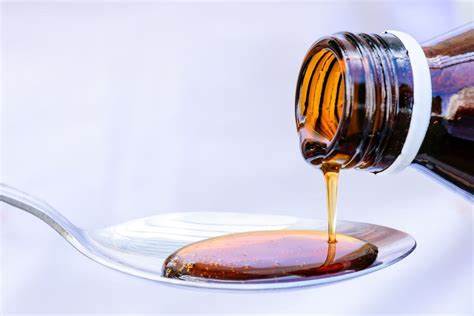New Delhi: The Central Drugs Standard Control Organisation (CDSCO), has decided to ban the use of a popular anti-cold cocktail medicine combination among infants and children below four years of age. Pharma firms manufacturing GlaxoSmithKline’s T-Minic Oral Drops, Glenmark’s Ascoril Flu Syrup, and IPCA Laboratories’ Solvin Cold Syrup, among others, have been asked by the regulator to insert a ‘warning’, News18 reported.
The report quoted paediatricians as saying that the use of this combination is rampant among children due to self-medication and self-prescription by parents. The regulator, in a letter sent on December 18, has asked states and Union Territories to update the package insert of products made using a cocktail of two medicines — chlorpheniramine maleate and phenylephrine. The combination helps in relieving cold and flu symptoms, including watery eyes, runny nose, sneezing, and nasal or throat itching. While chlorpheniramine maleate functions as an anti-allergic, phenylephrine acts as a decongestant, narrowing small blood vessels to provide relief from nasal congestion or stuffiness, the report added.
While the combination, called fixed-dose combination, was already under scanner for being “irrational”, the government committee had approved it after finding reasonable evidence.
“The FDC of Chlorpheniramine Maleate IP 2mg + Phenylephrine HCI IP 5mg drop per ml was declared as rational by Prof. Kokate’s committee and based on the recommendation of the committee, this office has issued No Objection Certificate (NOC) for continued manufacturing and marketing of subject FDC on 17.07.2015 under the 18 months policy decision,” said the letter, seen by News18, according to the report.
However, later, concerns were raised against the use of this combination among infants and children. “Subsequently, concerns have been raised regarding the promotion of unapproved anti-cold drug formulations for infants,” the letter said.
On June 6, the letter said the matter was deliberated in the Subject Expert Committee (Pulmonary).
The committee recommended that the FDC should not be used in children below four years of age and accordingly, the firms should mention a warning in this regard on label and package insert.
The report quoted paediatricians as saying that developed nations such as the United States and the European Union banned such products for infants and kids almost a decade ago.



Comments are closed.